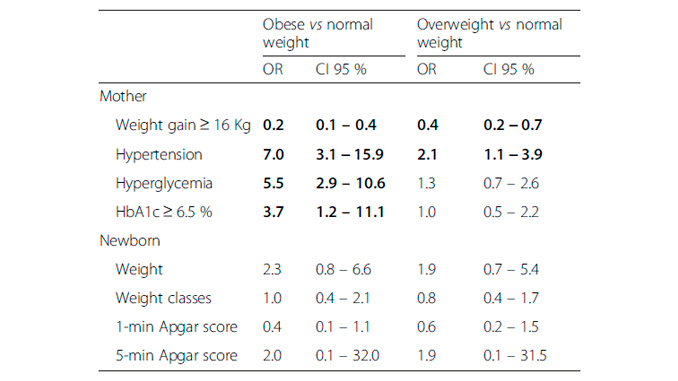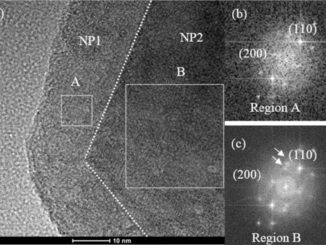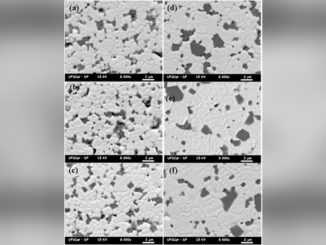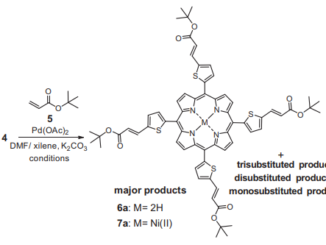
Writers: Joice Monaliza Vernini, Jusciele Brogin Moreli, Claudia Garcia Magalhães, Roberto Antônio Araújo Costa, Marilza Vieira Cunha Rudge and Iracema Mattos Paranhos Calderon
Keywords: Obesity; Overweight; Pregnancy; Maternal outcomes; Perinatal outcomes
Abstract
Background
Overweight and obesity are associated with pregnancy complications and adverse perinatal outcomes, posing short and long–term risks for maternal and child health. This study evaluated maternal, delivery and neonatal outcomes in pregnancies complicated by overweight and obesity.
Methods
This prospective cross-sectional study included 258 pregnant women. According to prepregnancy body mass index (BMI), participants were classified as normal weight, overweight, or obese. Data were analyzed using the chi-square test and analysis of variance followed by the Tukey test. Logistic regression was performed to calculate odds ratios and 95 % confidence intervals (p < 0.05).
Results
Most women ≥ 35 years old were overweight (22.7 %) and obese (27.6 %). Prepregnancy diabetes was significantly associated with obesity (15.7 %, p < 0.000). Obese women showed the lowest weight gain (9.6 ± 7.5Kg). Overweight and obese women practiced physical exercise more frequently (p = 0.010) than normal weight women. A greater proportion of obese mothers (13.4 %) had large for gestational age babies (p = 0.021), with higher thoracic circumference (33.6 ± 2.0 cm) and abdominal circumference (31.6 ± 2.3 cm). Obesity increased the risk of developing hypertension (OR = 7.0; 3.1-15.9), hyperglycemic disturbances (OR = 5.5; 2.9-10.6) and HbA1c ≥ 6.5 % (OR = 3.7; 1.2-11.1). The infants born to obese mothers had longer hospital stay (3.9 ± 3.9 days) (p = 0.005).
Conclusion
Our results confirm that obesity in pregnancy can lead to adverse outcomes, and underscore the importance of identifying and treating inadequate weight status during pregnancy.




